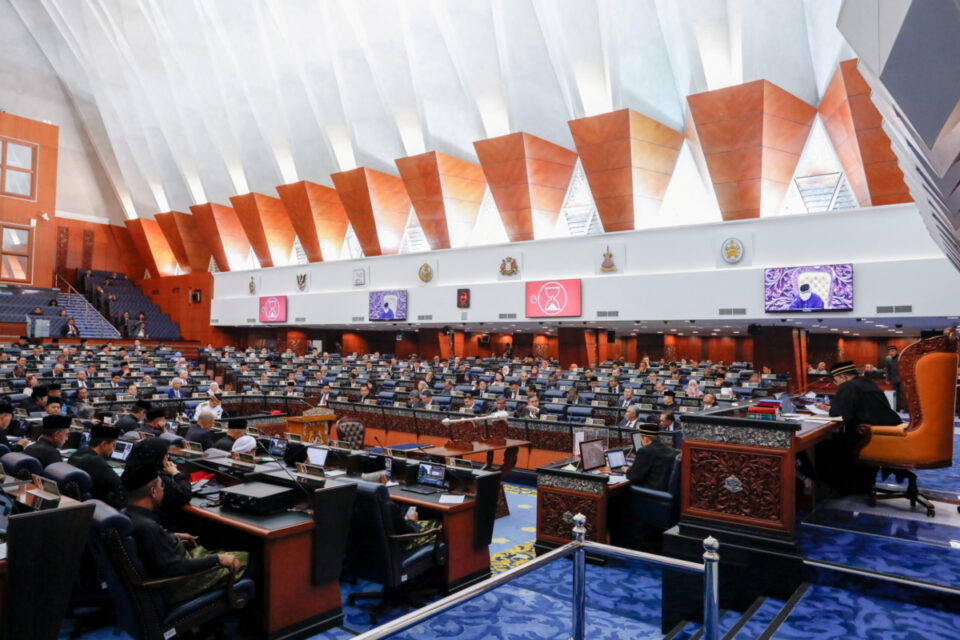KUALA LUMPUR, Feb 23 — The Ministry of Natural Resources, Environment and Climate Change (NRECC) will table the total financial implication to be faced by the federal government following the transfer of electricity supply regulatory power to the Sabah state government slated on January 1, 2024, said its minister Nik Nazmi Nik Ahmad.
The Federal government must provide a subsidy allocation to Sabah Electricity Sdn Bhd (SESB) for the agreed period covering tariff support subsidy, fuel subsidy and large-scale solar subsidy, subject to the Ministry of Finance’s approval.
“To ensure the smooth transfer, NRECC will implement amendments to the Renewable Energy Act 2011 (Act 725) and the Sustainable Energy Development Authority Act 2011 (Act 726) to include certain clauses. The tabling of the two bills will be made in June 2023 during the Second Meeting of the Second Session of the 15th Parliament,” he said during the winding up of the debate on the motion of thanks for the royal address for his ministry in Dewan Rakyat today.
Nik Nazmi added that after taking into account the process and negotiations with the Sabah state government, the ministry expected this whole transfer process to take between six and 12 months.
Earlier, the Prime Minister announced that the transfer of regulatory power for electricity supply to Sabah will be made on January 1, 2024.
Meanwhile, the minister said the government views there is a need to encourage competition for the electric vehicle (EV) charging market at present based on willing buyer, willing seller concept and not focused on the tariff schedule rate that has been gazetted by the government.
The electricity tariff rate for EV chargng is based on offers by the respective Guide on Electric Vehicle Charging System (EVCS) operators and is not regulated by the Energy Commission.
“The tariff rate for licensed EVCS fixed by Tenaga Nasional Bhd (TNB) is based on commercial tariff category, namely Tariff B (low voltage commercial tariff of RM0.509 per kilowatt joules) subject to the voltage supply.
“Tariff offered by TNB for charging operator is lower if compared with the tariff in Singapore (RM1.04 per kilowatt joules) and Thailand (RM0.61 per kilowatt joules),” Nik Nazmi said.
— Bernama





